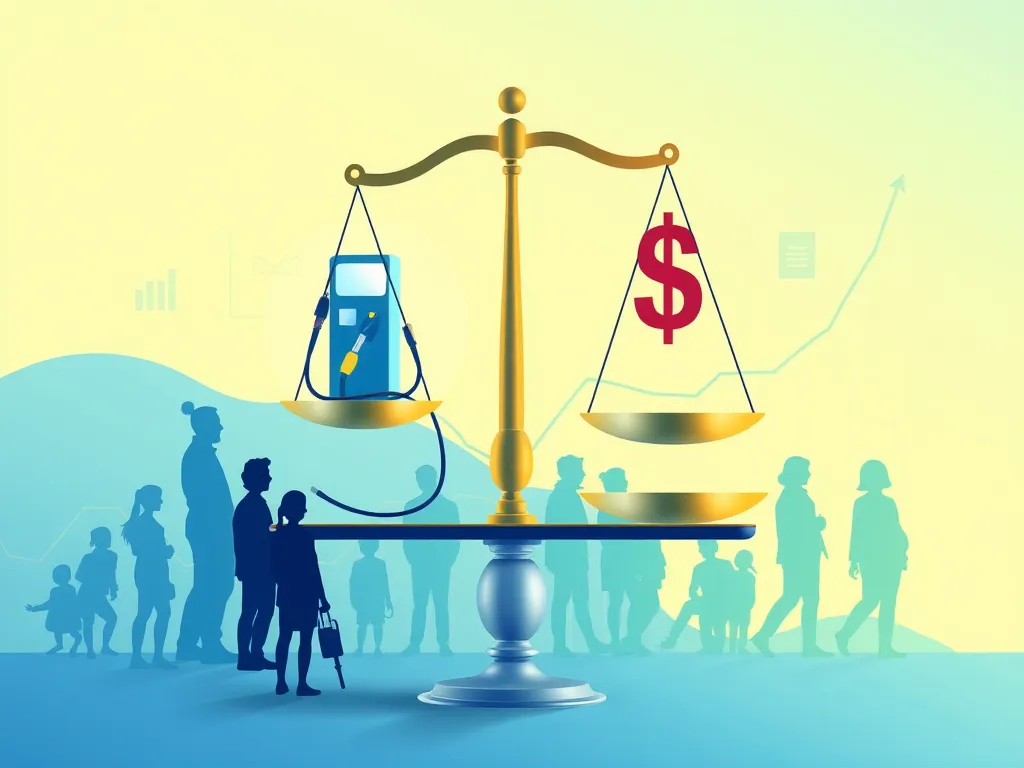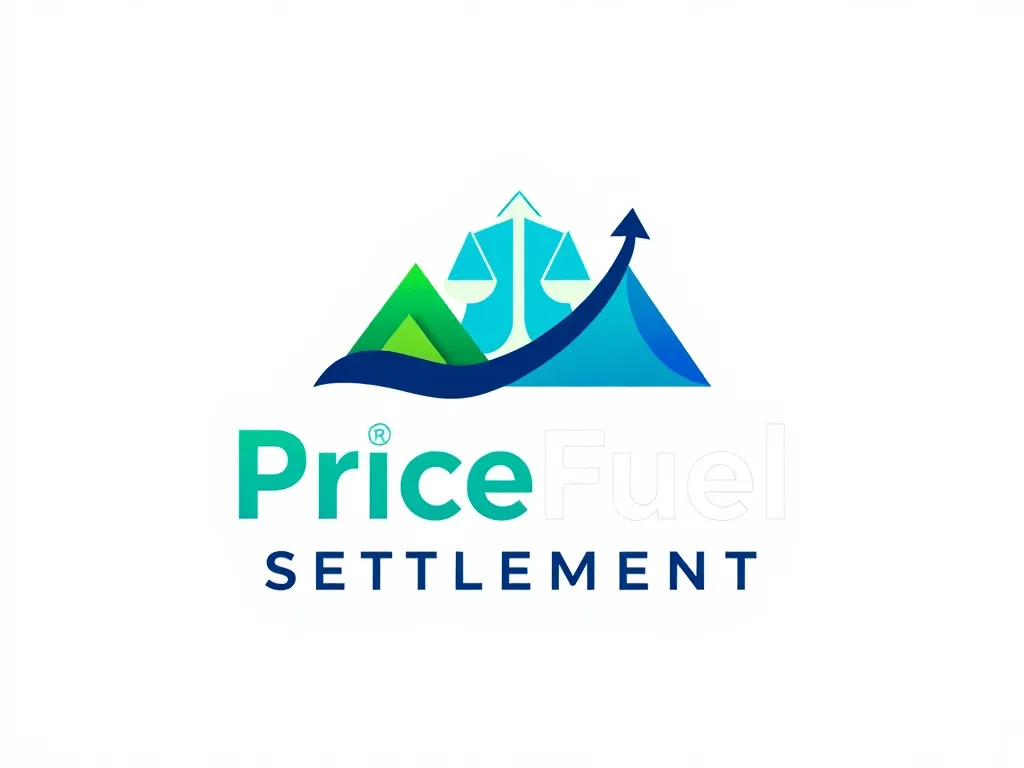Understanding the PriceFuel Settlement: What It Means for Consumers

Understanding the PriceFuel Settlement
The PriceFuel Settlement represents a significant resolution in the fuel pricing industry, addressing longstanding concerns over pricing practices and consumer rights. This settlement arises from numerous complaints regarding the manipulation of fuel prices which have affected countless consumers nationwide. The key objective of the PriceFuel Settlement is to foster transparency, ensure fair pricing, and provide restitution for those impacted by unjust pricing tactics.
The recent findings surrounding the PriceFuel Settlement shed light on the complexities of price-fixing in today's economy.
As the case unfolded, various stakeholders emerged, including major fuel companies, consumer advocacy groups, and regulatory agencies. These parties played crucial roles in negotiating the terms of the PriceFuel Settlement. The participation of regulatory bodies highlights the necessity of compliance within the fuel industry, ensuring that companies adhere to established fairness and pricing standards going forward.
The timeline of the PriceFuel Settlement spans several years, with initial investigations leading to a public outcry and subsequent lawsuits. The culmination of these efforts resulted in a formal settlement agreement that outlines measures to rectify past pricing issues while preventing future occurrences. This timeline reflects the dedication of consumer advocates and legal teams to seek justice for affected individuals and uphold market integrity.
The PriceFuel Settlement has notable implications for consumers, altering their rights concerning fuel pricing. Consumers are now equipped with better protection and recourse against potentially exploitative practices. Furthermore, the settlement paves the way for potential compensation for those who experienced detrimental pricing, allowing affected individuals to seek redress.
Long-term, the PriceFuel Settlement aims to cultivate a more equitable pricing landscape for consumers. As companies adjust their pricing strategies in response to the settlement, consumers can expect a shift in how fuel prices are calculated, ultimately leading to fairer rates and enhanced competition within the industry.
Overview of the PriceFuel Settlement
The PriceFuel Settlement refers to a legal agreement reached to address grievances regarding fuel pricing practices, primarily focusing on allegations of price manipulation and unfair competition. This settlement seeks to rectify these issues through specified measures while promoting transparency in fuel pricing.
Key players in the PriceFuel Settlement include fuel providers, regulatory agencies, and consumer advocacy groups. These entities collaborated to reach an agreement that not only addresses past grievances but also implements strategies to improve future pricing standards and consumer protection.
The settlement process followed a clear timeline, starting with initial consumer complaints that escalated into legal challenges. Investigations led by consumer protection agencies contributed to the unveiling of systematic pricing flaws. After extensive negotiations, the formal settlement was reached, providing a framework for future compliance and accountability among fuel companies.
Impact on Consumers
The PriceFuel Settlement brings enhanced protections for consumers' rights, making it imperative for fuel companies to engage in fair pricing practices. Consumers can now challenge unjust prices more effectively, as the settlement enshrines their ability to demand accountability from service providers.
Affected consumers may be eligible for compensation as part of the settlement agreement. This compensation serves as a form of restitution for overcharges and unfair practices encountered, providing a financial remedy for those who suffered due to mispricing within the fuel market.
In the long run, the PriceFuel Settlement aims to influence consumer pricing positively. By establishing higher accountability standards and encouraging competition, consumers might experience reduced prices and improved service quality as companies seek to retain customer loyalty in a more transparent environment.
Legal Aspects of the Settlement
Understanding the legal framework of the PriceFuel Settlement involves recognizing how it aligns with existing consumer protection laws. The settlement enshrines crucial changes within the regulations governing fuel pricing, mandating transparency while imposing penalties for non-compliance with the new standards.
Consumer protection agencies played a pivotal role in the PriceFuel Settlement, acting as watchdogs throughout the negotiation process. Their involvement ensured that consumer interests were prioritized and ževiated systemic issues within the industry, preventing future price violations.
Litigation outcomes related to the settlement reflect a significant victory for consumer rights. Several lawsuits were resolved favorably, demonstrating the effectiveness of collective action in addressing malpractice while encouraging consumers to remain vigilant against price manipulation.
Consumer Reactions and Feedback
Public sentiment regarding the PriceFuel Settlement has been largely positive, with many consumers appreciating the efforts to rectify past injustices in fuel pricing. Many individuals expressed relief knowing that issues of price manipulation are being addressed at a systemic level.
Consumer testimonials illustrate a spectrum of experiences, highlighting both frustration over past pricing practices and optimism regarding potential compensation and future changes. These narratives emphasize the human impact of pricing injustices within the fuel industry.
Social media has acted as a galvanizing force in shaping public perception of the PriceFuel Settlement. Many consumers utilized online platforms to voice concerns, share experiences, and advocate for greater accountability, which amplified awareness and facilitated a more comprehensive consumer dialogue.
Future of Pricing in the Industry
Anticipated changes in pricing strategies following the PriceFuel Settlement point towards a more consumer-centric approach within the fuel industry. Companies may reevaluate their pricing models to ensure compliance with new regulations while maintaining competitive practices.
The settlement's repercussions on competition within the industry could lead to innovative pricing strategies as companies strive to differentiate themselves. As consumers benefit from improved pricing practices, the competitive landscape may shift, leading to improved services and consumer choices.
Consumer advocacy and pricing transparency initiatives are likely to flourish following the PriceFuel Settlement. Increased consumer awareness regarding pricing practices emphasizes the need for ongoing vigilance and accountability, benefiting the market in the long run.
